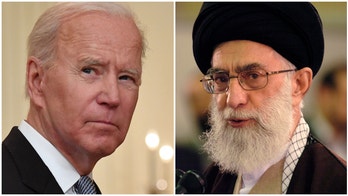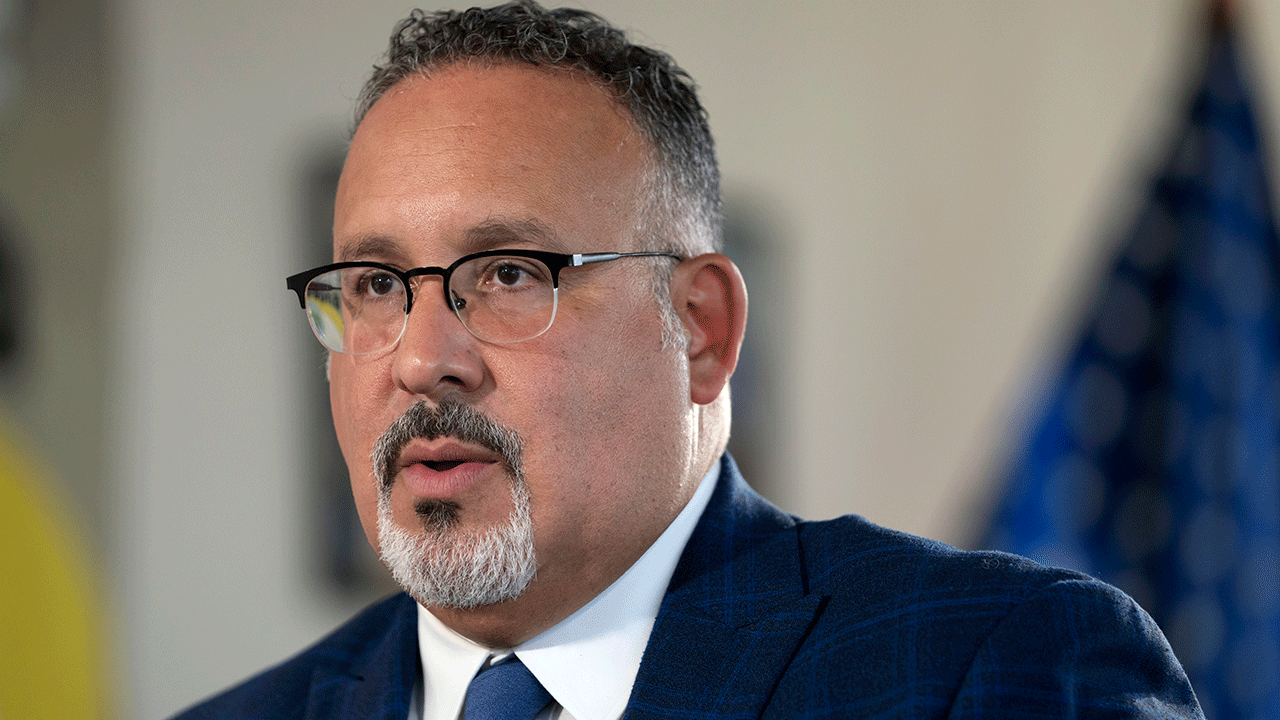As society grapples with the breakdown of trust in truth, a new paradigm is emerging, demanding a shift in our understanding of information and the frameworks that shape it.
In the realm of post-truth, where the lines between facts and opinions blur, the fabric of our understanding has fractured into a myriad of fragmented realities. Trust in our institutions, once considered the guardians of truth, has evaporated, leaving us adrift in a sea of doubt and skepticism.
Truth, we are led to believe, is no longer an objective construct but a subjective mosaic pieced together through the filters of our individual biases and worldviews. In this postmodern landscape, the notion of a shared reality gives way to a cacophony of competing narratives.

Post-Truth and the Collapse of Trust
The decline of trust in traditional knowledge brokers, from politicians to scientists, has given rise to a burgeoning cottage industry of self-proclaimed experts and alternative information sources. These voices, often unconstrained by the rigors of scientific inquiry or journalistic scrutiny, peddle their own brand of truth, further splintering the collective understanding of reality.
In the absence of a reliable common denominator, moral judgments have stepped into the void, masquerading as irrefutable truths. Terms like "racist," "fascist," and "colonizer" are wielded as weapons, casting aspersions on character rather than engaging in meaningful debate. This moral absolutism, divorced from the complexities of reality, fuels polarization and stifles discourse.

Post-Truth and the Collapse of Trust
The consequences of this post-truth crisis extend beyond the realm of intellectual curiosity. In a society where truth is subjective, there is little room for dissent or critical inquiry. The chilling effect on free speech and open dialogue imperils the very foundations of a free and democratic society.
However, amidst this apparent darkness, there lies a glimmer of hope. By recognizing the subjective nature of information and its role in shaping our understanding, we can forge a path out of the post-truth labyrinth.

Post-Truth and the Collapse of Trust
Individual courage is paramount in challenging the monolithic claims of certainty. Engaging with the underlying assumptions rather than blindly accepting conclusions becomes an essential tool for navigating the treacherous waters of competing narratives.
At the collective level, we must resist the temptation to suppress or censor dissenting views. Fostering a culture of open and respectful debate is crucial for unraveling the tangled web of untruth.

Post-Truth and the Collapse of Trust
Science, too, must liberate itself from the clutches of ideological dogma. Only by embracing the principles of skepticism, critical inquiry, and hypothesis testing can we restore trust in the pursuit of objective knowledge.
The 20th century's illusion of narrative coherence has crumbled, casting us into a world of uncertainty and ambiguity. Yet, by shifting our focus from the elusive pursuit of absolute truth to the understanding of information's role in shaping our collective reality, we can chart a course towards a more nuanced and inclusive understanding of the human experience.

Post-Truth and the Collapse of Trust
Only through the embrace of critical thinking, open-mindedness, and a willingness to question our own convictions can we hope to navigate the complexities of the post-truth era and rebuild a society where truth is not merely a subjective construct but a shared aspiration.














